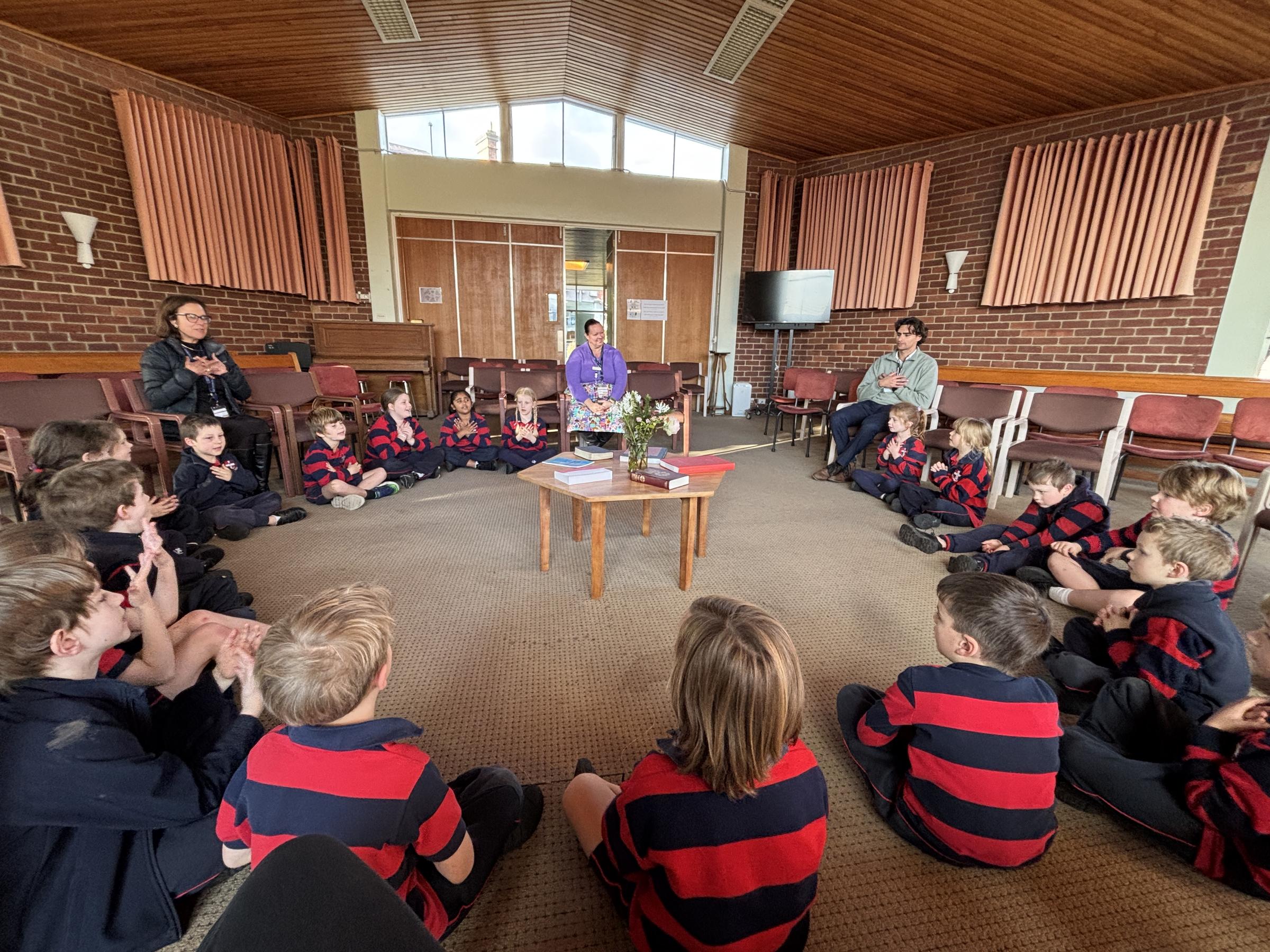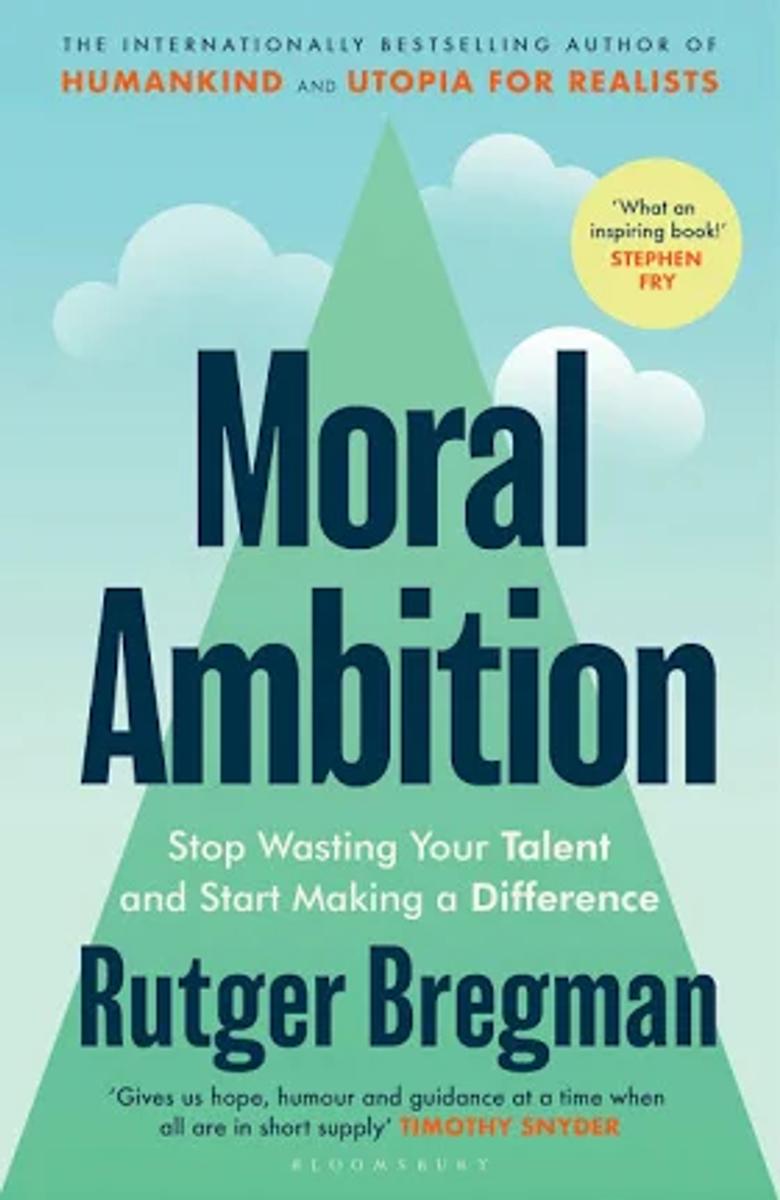Peace Begins With Each of Us

MORAL AMBITION
Rutger Bregman
2025 Bloomsbury Publishing
I opened the door to the Meeting House Library this morning and there on the desk was a new book waiting to be catalogued, with a title that immediately spoke to me: MORAL AMBITION. Despite a to-do list that was growing by the hour, I felt compelled to read it and I didn’t stop until I’d finished. It’s a cliche to say of most books that the reader couldn’t put them down. But in this case it’s absolutely true.
Bregman’s starting point is the research finding that most of us want to make a useful contribution to creating a better world. We are constantly fed information about what’s wrong, and what needs to be done - but we don’t know how to do it. Or we do know how to do it, but never get away from our screens or off the sofa. In contemporary western society there’s some comfort in expressing moral outrage, but taking no action.
One of the main blocks Bregman identifies is the pursuit of perfection. One chapter titled ‘Lower Your Threshold for Taking Action’ argues that we frighten ourselves by focusing on the scale of the challenge, or the iconic status of those who have acted on their moral beliefs before us. We don’t have to be Martin Luther King or Mother Theresa to make a difference in the world. He points out that some of the greatest agents of change were not saints. So our pursuit of perfection in either the goal we aim at, or the people we work with to reach it, can prevent us from doing anything at all.
Many of the examples of individual courage in MORAL AMBITION are of ordinary folks rather than great leaders. The one man with resolutely folded arms in a famous photograph of hundreds of workers raising their right arm in salute to Hitler. Rosa Parks, an African American woman who simply refused to move down to the back of the bus to give priority to white passengers - famous now, but at the time, just one traveller who’d had enough.
MORAL AMBITION is not a book about Quakers, but from the first chapter to the last, Bregman keeps turning to the history of this small faith community as agents for change.
At the outset Quakers numbered 60,000 members in 17th century Great Britain, no more than 1 per cent or so of the population, but he argues that the world would look very different today if they had not taken action on slavery, the rights of women, honest dealing in business, the treatment of patients and prisoners, disarmament, earthcare and a long list of other challenges.
Although this book is carefully researched and beautifully written, it is amazingly easy to read, alternately confronting and funny, and it will inspire Senior School and many Middle School students and their families. And the book’s subtitle is not an attack, but an empowering call to action: ‘Stop Wasting Your Talent and Start Making a Difference’. Rutger Bregman’s MORAL AMBITION has a place in every home of The Friends' School community. The book is new and available in local bookstores.
As one television writer puts it: ‘Remember sitting in history, thinking: if I was alive then, I would’ve…You’re alive now. Whatever you’re doing is what you would have done.’
Mark Macleod - Quaker Advisor


